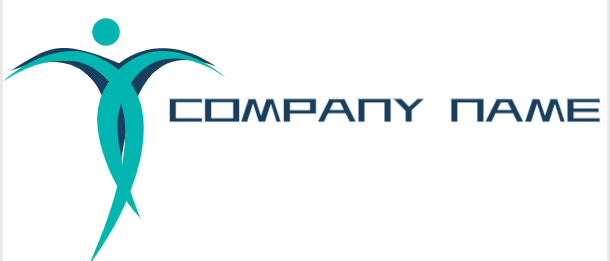The Power of Naps: How Short Rest Periods Boost Productivity and Energy
Are you feeling tired and sluggish? Do you find it difficult to concentrate and stay focused throughout the day? If so, you’re not alone. Many people struggle with low energy levels and decreased productivity, especially in the afternoon. But fear not, because there is a simple solution that can help you regain your energy and improve your performance: napping.
The Science Behind Napping
Napping is not just for children or lazy afternoons. In fact, numerous studies have shown that taking short rest periods during the day can have a profound impact on our productivity and overall well-being. When we sleep, our brain goes through different stages, including non-rapid eye movement (NREM) sleep and rapid eye movement (REM) sleep. Napping allows us to enter these stages, which are essential for memory consolidation, learning, and creativity.
During NREM sleep, our brain processes and stores information, making it easier for us to recall and retain what we have learned. This is why a short nap can be incredibly beneficial for students or those who need to absorb new information. On the other hand, REM sleep is associated with dreaming and emotional processing. By allowing ourselves to enter this stage during a nap, we can enhance our problem-solving skills and boost our creativity.
The Benefits of Napping
Now that we understand the science behind napping, let’s explore the many benefits it offers:
1. Increased Productivity
When we’re tired, our ability to focus and concentrate diminishes. By taking a short nap, we can recharge our brain and improve our cognitive function. Studies have shown that even a 20-minute nap can significantly enhance our alertness and performance. So instead of reaching for another cup of coffee or energy drink, consider taking a power nap to boost your productivity.
2. Enhanced Creativity
Have you ever experienced a “eureka” moment after waking up from a nap? That’s because napping can stimulate our brain’s creative centers. During REM sleep, our brain makes new connections and forms associations between seemingly unrelated ideas. By incorporating napping into your daily routine, you can tap into your creative potential and come up with innovative solutions to problems.
3. Improved Mood and Well-being
Feeling stressed or overwhelmed? Taking a nap can help you relax and rejuvenate. When we’re sleep deprived, our mood and emotional well-being suffer. Napping allows us to reset our system and reduce feelings of anxiety and irritability. It can also help regulate our emotions and improve our overall mental health.
Tips for Effective Napping
Now that you’re convinced of the power of napping, here are some tips to help you make the most out of your rest periods:
1. Keep it Short
The ideal nap duration is between 10 to 30 minutes. This allows you to reap the benefits of sleep without entering a deep sleep cycle, which can leave you feeling groggy and disoriented upon waking.
2. Find a Quiet and Comfortable Environment
Choose a quiet and dark space where you can relax and unwind. Use earplugs or a sleep mask if necessary. Creating a peaceful environment will help you fall asleep faster and maximize the benefits of your nap.
3. Time it Right
Avoid napping too close to your bedtime, as it may interfere with your nighttime sleep. The best time for a nap is usually in the early afternoon, around 2 or 3 PM. This is when our energy levels naturally dip, making it the perfect time for a quick recharge.
4. Experiment and Adjust
Everyone’s sleep needs and preferences are different. Some people may benefit from a shorter nap, while others may need a longer one. Experiment with different nap durations and find what works best for you.
In Conclusion
Napping is not a sign of laziness; it’s a powerful tool that can enhance your productivity, creativity, and overall well-being. So the next time you’re feeling tired and in need of a boost, don’t hesitate to take a short nap. Your brain and body will thank you.

